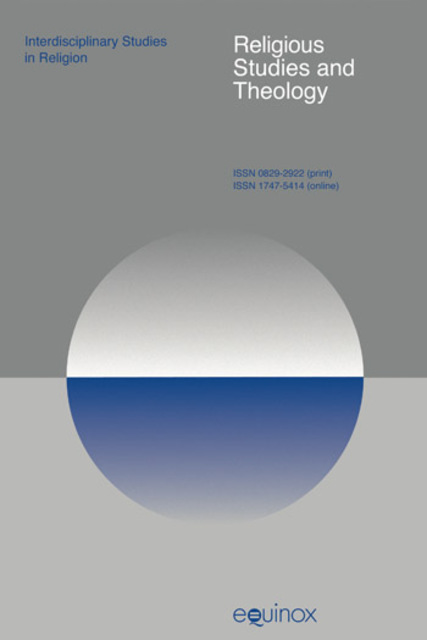Hegemony and Revelation: A Baha'i Perspective on World Order

Danesh, R. (2010). Hegemony and Revelation: A Baha’i Perspective on World Order. Religious Studies and Theology, 29(1), 123–128. https://doi.org/10.1558/rsth.v29i1.123
Full description
Like most world religions, the Bahá’í Faith provides a vision of a promised age of the future. According to Baha’u’llah, the prophet founder of the Bahá’í religion, this promised future age is characterized by the progressive spiritualization of the individual and collective life of humanity, global peace, and the explicit recognition of the fundamental oneness of humanity. But the very fact that the Bahá’í Faith provides such a specific model of world order raises an essential question – is Baha’u’llah’s vision of a new world order rooted in a power-claim, which will assert the legitimacy of a future Bahá’í political hegemony? This article explores this question, and the aspects of Bahá’í theology, doctrine, and political thought which assist in answering it. It concludes that this “new World Order” is not to claim future temporal power, but to lay out a general architecture for the structuring and exercise of power that strives to reflect the principle of oneness of religion and oneness of humanity. It is not a claim to power, but a claim about power including, its proper uses, manifestations, and limitations in a truly global society.
- typeImage
- created on
- file formatjpeg
- file size31 KB
- container titleReligious Studies & Theology
- creatorRoshan Danesh
- issnISSN: 1747-5414 (online)
- issue29.1
- publisherEquinox Publishing Ltd.
- publisher placeSheffield, United Kingdom
- rightsEquinox Publishing Ltd.
- doi
We use cookies to analyze our traffic. Please decide if you are willing to accept cookies from our website. You can change this setting anytime in Privacy Settings.
